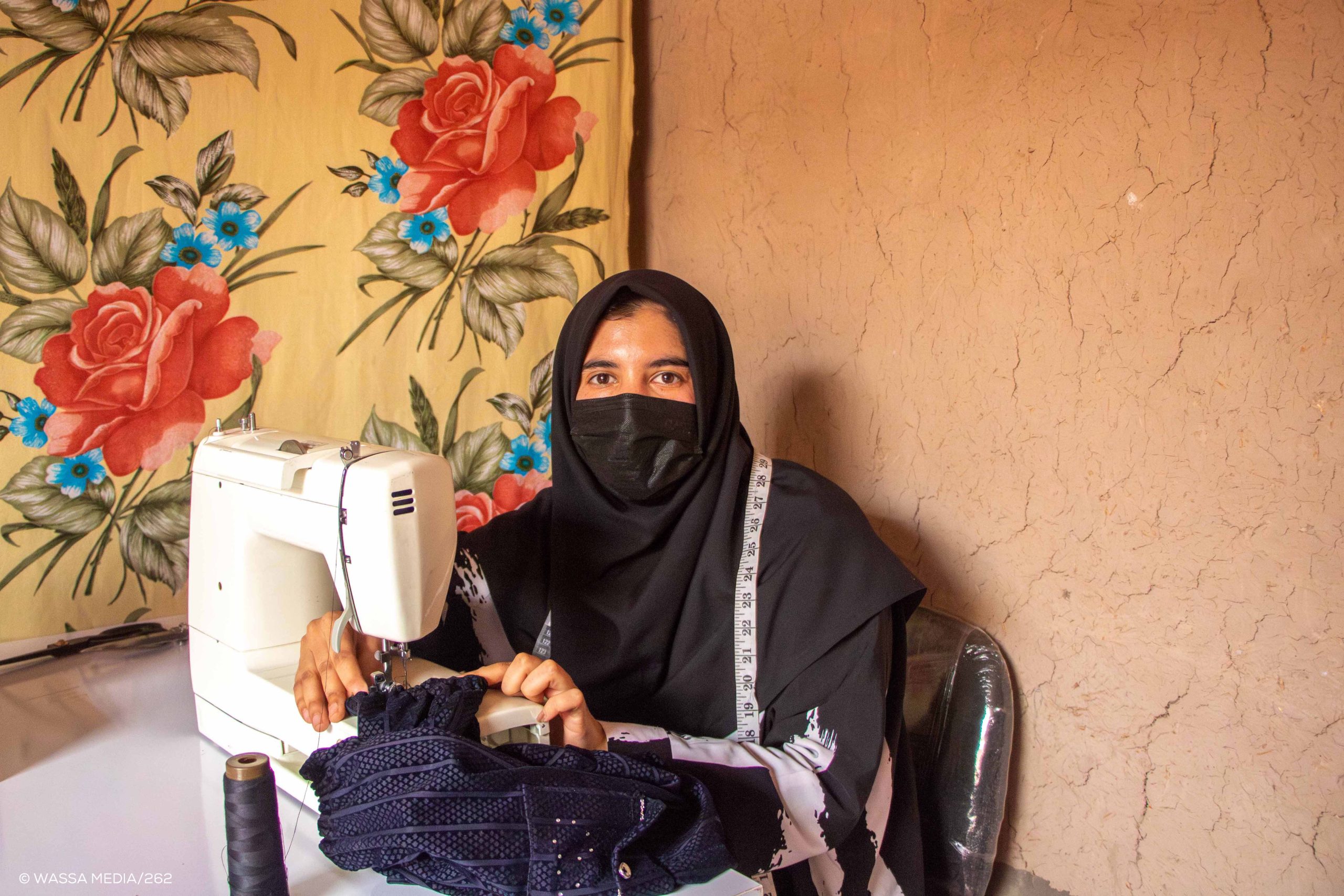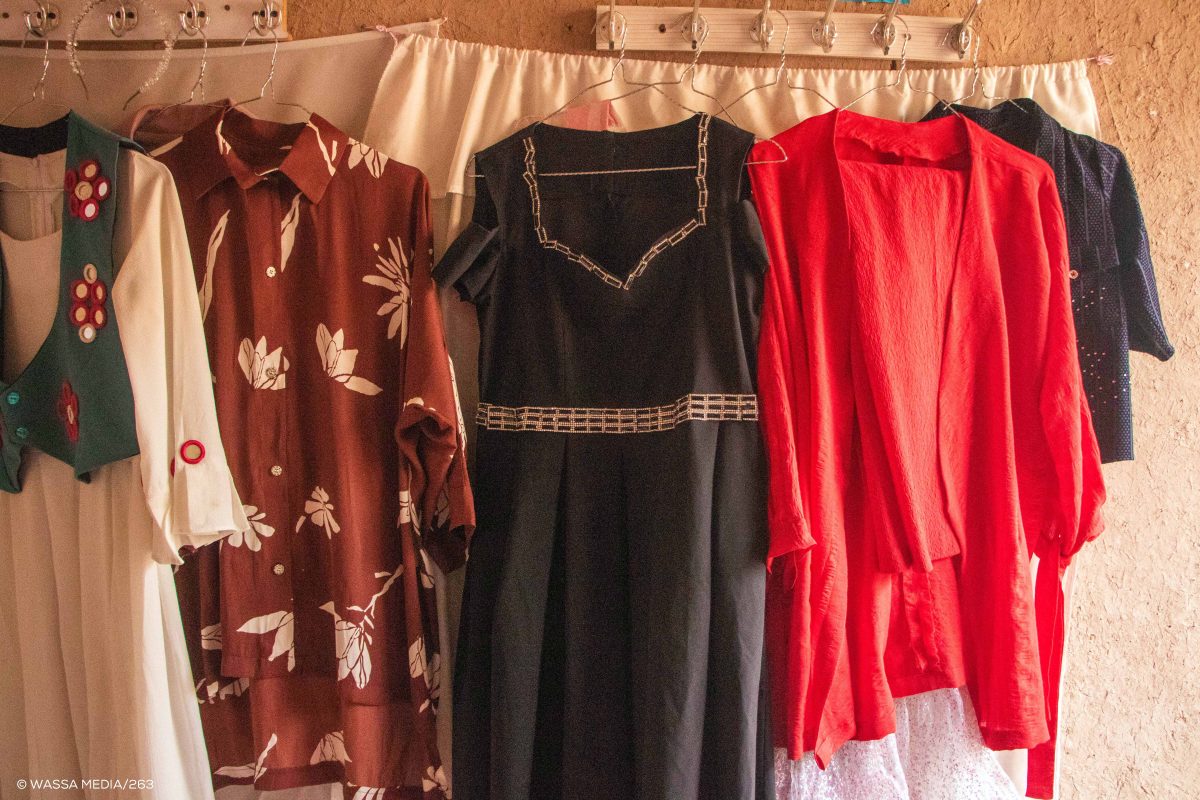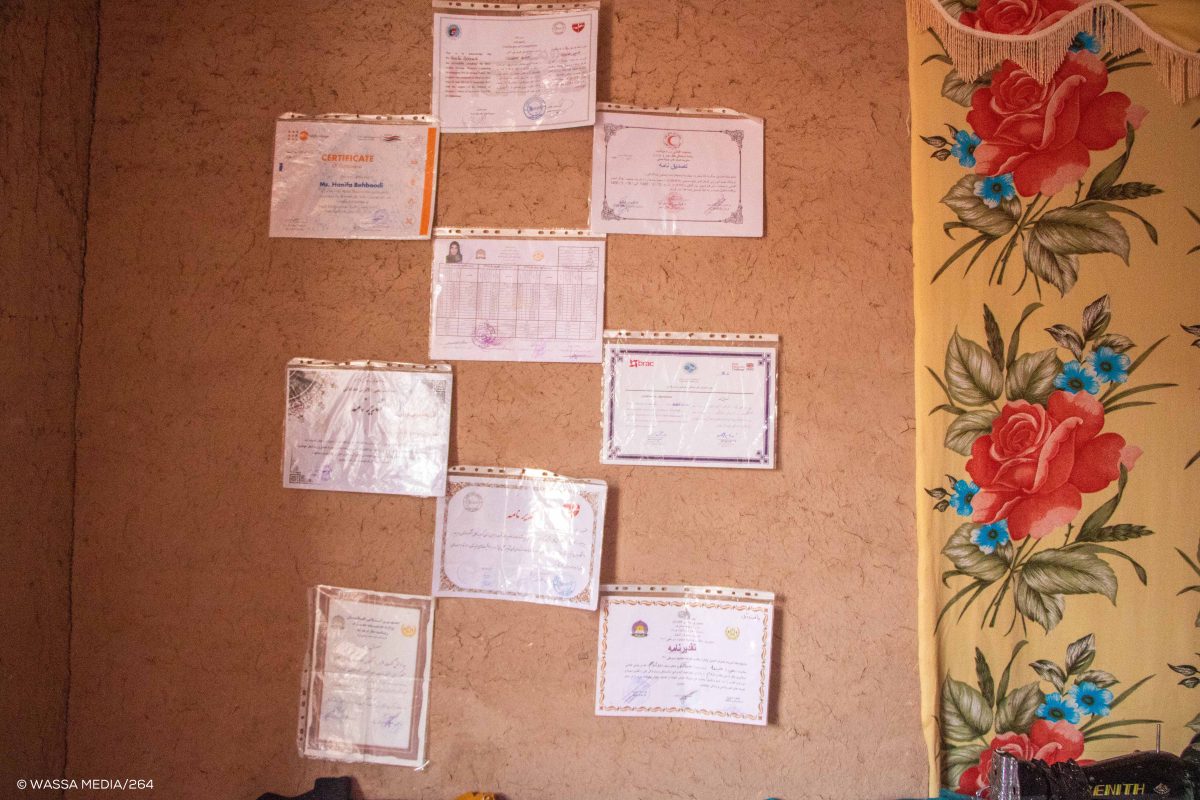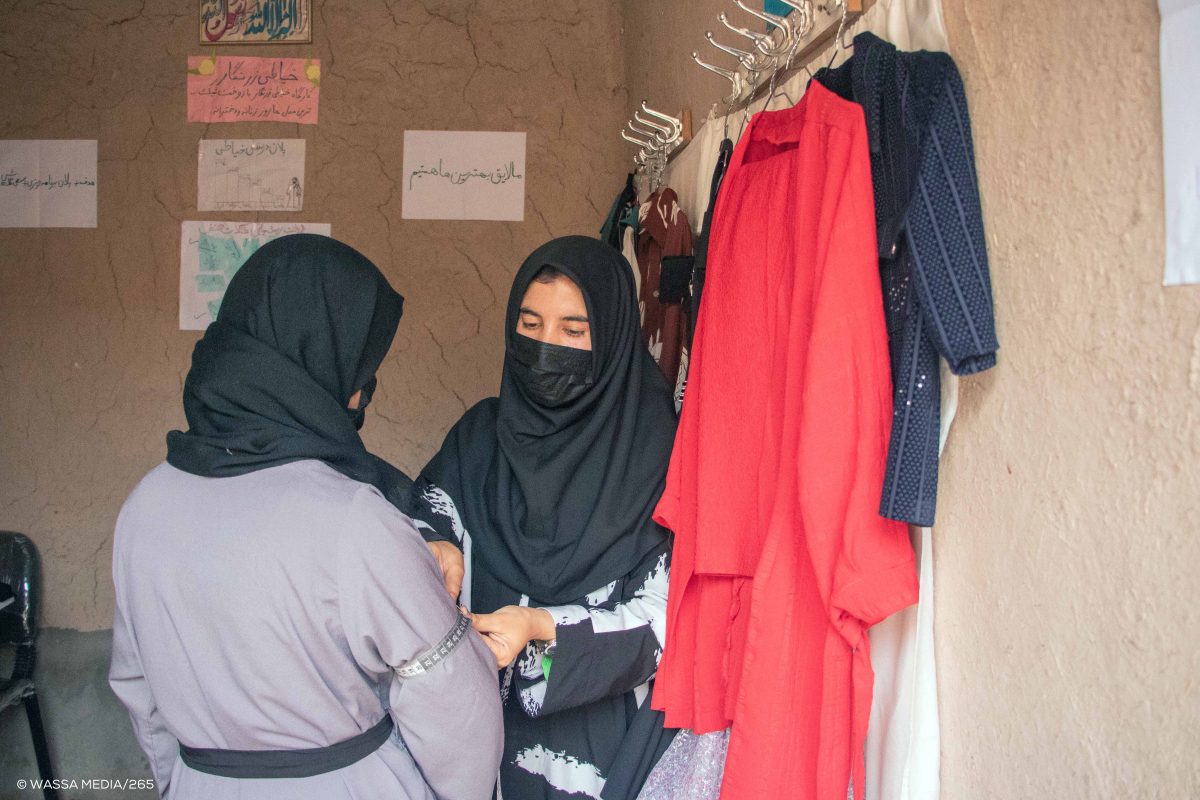Hanifa’s Journey: From Struggle to Strength in Gorazan Village




At just 23 years old, Hanifa, a bright and determined young woman from Gorazan village in Herat, Afghanistan, has become a beacon of hope—not only for her family but for her entire community.
A graduate in Literature from Herat Province, Hanifa always dreamed of using her education to uplift herself and those around her. However, life was not easy. After the tragic loss of her father, the weight of responsibility fell heavily on her family. With seven members to support—including her mother, four sisters, and two brothers—Hanifa could only contribute a small fraction, about 5%, to the family’s daily living expenses. Her dreams felt distant.
That all changed when Hanifa became a beneficiary of the MPWC (Multi-Purpose Women’s Centers) project, implemented by WASSA (Women Activities and Social Services Association) in partnership with CARE International and UN Women. This initiative provided women like Hanifa with the skills, resources, and confidence to build a better life.
For four to five months, Hanifa dedicated herself wholeheartedly to financial literacy and marketing training through the MPWC project. These sessions opened her eyes to the power of entrepreneurship and self-reliance. She learned how to manage budgets, engage with customers, and promote her skills effectively.
But knowledge wasn’t all she gained.
As part of the program’s financial empowerment component, Hanifa received $400 in financial assistance. With this seed money, she took a bold step—she purchased tailoring equipment and established her very own tailoring workshop in her village.
Today, that workshop is more than just a business—it’s a symbol of resilience, empowerment, and hope.
“Now, I can support nearly 90% of our family’s living expenses,” Hanifa proudly shares. “This has changed everything. I feel independent, hopeful, and confident about the future. I am truly grateful to WASSA, CARE International, and UN Women for believing in us and bringing this life-changing initiative to our village.”
Hanifa’s journey from financial insecurity to becoming the primary breadwinner of her family is a powerful reminder of what women can achieve when they are given the right tools, support, and opportunities. Her success story is not just her own—it is a testament to the transformative impact of investing in women’s potential, even in the most challenging environments.

